Horse colic is often thought of and mis-represented as a disease. Most accurately stated, colic in horses refers to a syndrome of numerous causes which result in abdominal pain.
In 1998, $115 million dollars was spent by horse owners providing horse colic surgery to their horses in the United States alone. Even with the best of care 10 to 11 percent of all horses who come down with a form of horse colic will die from it. Colic remains, next to old age, the number one cause of death in horses.
Oddly enough, the occurrence of colic in horses seems to be breed targeted. According to the United States Department of Agriculture, in a study released by the USDA抯 National Animal Health Monitoring System (NAHMS) Thoroughbreds showed the highest occurrence of colic, 揟horoughbreds were more likely to develop colic [10.9/100 horses per year] than were stock horse breeds (Quarter Horses, Paints, Appaloosas) [3.5colics/100 horses per year]; or all other types of horses [2.9 colics/100 horses per year].?*
There are several tell tale signs of horse colic symptoms and responsible horse owners should take the time to familiarize themselves with these industry recognized markers. Colic symptoms come in combination and a single occurrence of any symptom will not necessarily be a true indicator of horse colic. Colic in horses can be identified when a horse abnormally turns its head, as if to look at its flank area; present is an abnormal degree of pawing at the ground; kicking or biting its belly area; stretching out its stance in the same manner as when urinating; restless with the horse wanting to constantly get up or lay down; a noticeable abnormal desire to roll on the ground; sitting in a dog-like position when rising back up to its feet; lowering its head down when standing in the same manner a horse does when it drinks; the apparent lack of droppings in the animals enclosure; sweating; rapid breathing; an elevated pulse of 60 beats per minute or more; and over all lethargy.
There are seven categories of colic and each category can have several sub-categories. Each category and sub-category can possess its own unique set of symptoms.
Impaction colic refers to an actual blockage in the intestinal tract, and is most often located in the large intestine. In most cases of impaction colic the resolution is easily attained, however in a small number of cases, impaction colic can point to a larger problem.
Gas colic refers to a sudden build up of gas most commonly in the large intestine. Ss the gas builds the walls of the intestine are forced to stretch causing severe pain for the animal.
Spasmodic colic occurs when the intestinal contractions suddenly increase in frequency and intensity.
Twisted gut colic, otherwise known as displacement, volvulus, or torsion colic is a literal displacement of the intestinal tract. A portion of the bowel shifts to an abnormal position, and in doing so, sometimes twists over on itself. This form of colic is very serious, and often fatal. Surgery is most often required to bring this form of horse colic to a satisfactory conclusion.
Enteritis or colitis is a form of colic in horses which refers to the presence of inflammation in the small intestine (enteritis) and in the large intestine (colitis). These are serious conditions which require veterinarian care and ongoing medical therapy.
Gastric distension or rupture can occur when a horse gorges itself on grain, or other food substance which tends to swell in the stomach. The small stomach of the horse becomes overloaded and due to a horse抯 inability to vomit, the stomach ruptures. When the stomach ruptures, death is inevitable.
The remaining category of colic falls under the heading of 揢nknown Cause? In this category, colic can be a secondary indication of a greater problem, or it can be a form of colic in horses caused by a very unique set of circumstances.
Horse colic should never be over looked or ignored. If a horse owner is not familiar with colic in horses , then the presence of a knowledgeable person is critical. Colic in horses can often be prevented through proper horse management.
Copyright 2010 James C. Tanner. All rights reserved.
Sources:
** (http://www.aphis.usda.gov/vs/ceah/ncahs/nahms/equine/equine98/Equine98_is_Colic.pdf)

 Buying Pet Medications Online - Is It A Good Idea?
Buying Pet Medications Online - Is It A Good Idea?
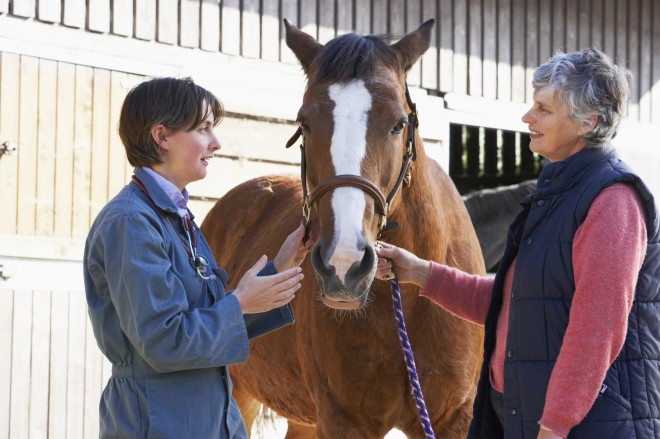 6 Signs Of Sacroiliac Disease In Horses
6 Signs Of Sacroiliac Disease In Horses
 Obedience Training For Puppies - 6 Commands You Should Know About
Obedience Training For Puppies - 6 Commands You Should Know About
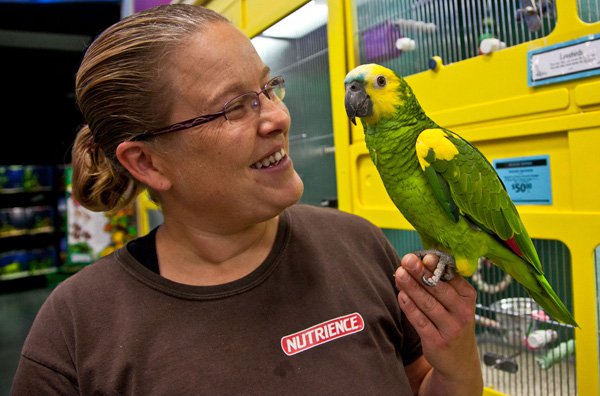 Advantages and things to keep in mind for Building Chicken Houses
Advantages and things to keep in mind for Building Chicken Houses
 Hungarian Vizsla Temperament And Training
Hungarian Vizsla Temperament And Training
 Dogs And Families - Some Safety Tips To Remember
Dogs And Families - Some Safety Tips To Remember
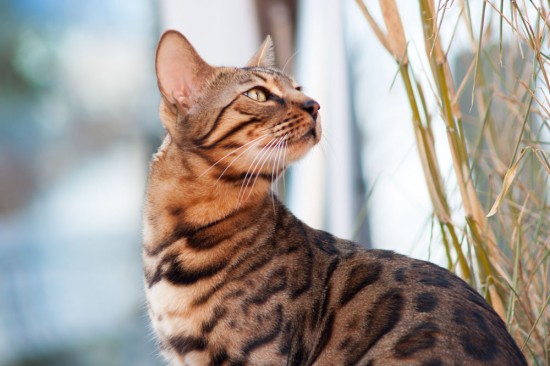 Adopting A Pedigree Cat
Adopting A Pedigr
Adopting A Pedigree Cat
Adopting A Pedigr
 Most Interesting Facts About Parrots
Most Interesting
Most Interesting Facts About Parrots
Most Interesting
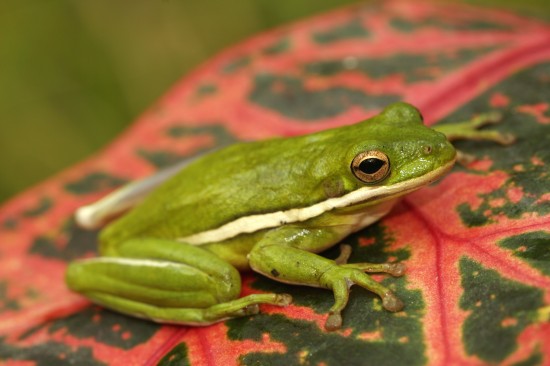 Keeping American Green Tree Frogs As Pets
Keeping American
Keeping American Green Tree Frogs As Pets
Keeping American
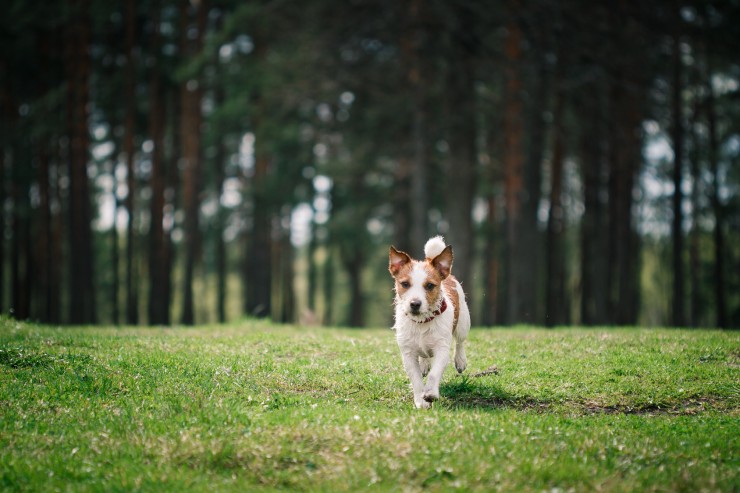 Five Top Tips For Controlling Your Dog Off The Lead
Five Top Tips For
Five Top Tips For Controlling Your Dog Off The Lead
Five Top Tips For
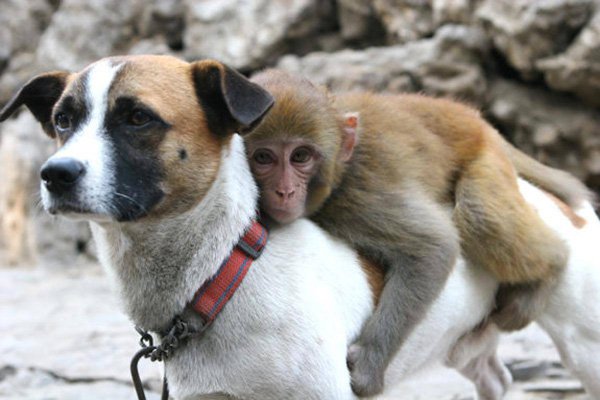 Are Dog Training Classes Useful for the Dogs?
Are Dog Training Classes Useful for the Dogs?
Are Dog Training Classes Useful for the Dogs?
Are Dog Training Classes Useful for the Dogs?